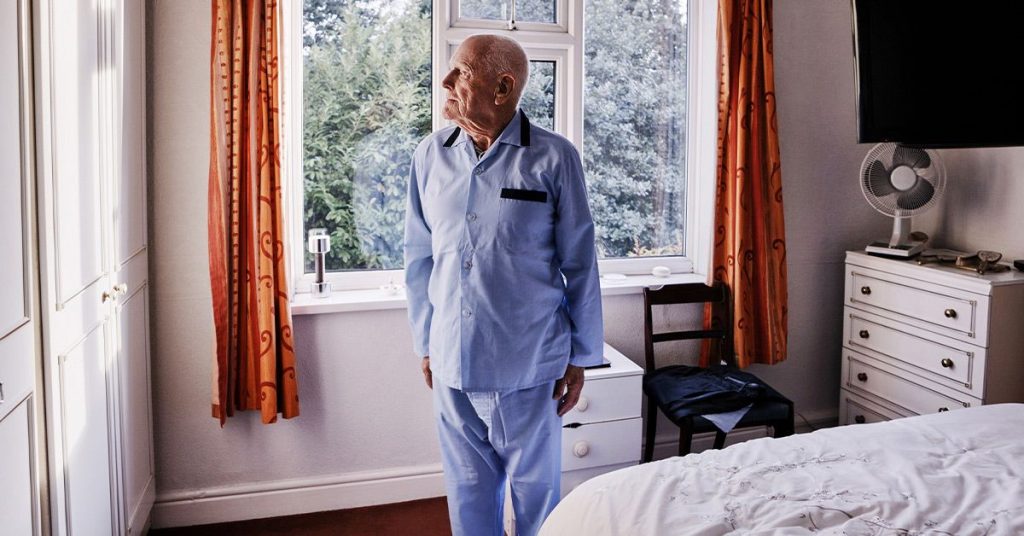A new study presented at the Alzheimer’s Association International Conference 2024 has found a possible link between sleeping in a supine position and neurodegeneration. Previous research has also shown a correlation between supine sleep and an increased risk of neurodegenerative diseases. The study involved using the Sleep Profiler developed by Advanced Brain Monitoring to calculate the number of hours participants spent sleeping in a supine position. Participants with neurodegenerative conditions were found to sleep more than two hours in the supine position compared to the control group, suggesting a strong association between supine sleep and neurodegeneration in conditions such as Alzheimer’s disease and Parkinson’s spectrum disorder.
The accumulation of neurotoxins in the brain is thought to begin around midlife and can lead to neurodegenerative diseases like Alzheimer’s and Parkinson’s. Sleep position, particularly sleeping on the back in a supine position, may impact the efficiency of neurotoxin flushing during sleep. Sleep apnea, which is often more severe in back sleeping, can also contribute to the buildup of neurotoxins. While the research has established a strong association between supine sleep and neurodegeneration, it has not been proven that supine sleep causes these conditions. Sleep quality, sleep deprivation, insufficient sleep time, and untreated sleep apnea are all factors that can contribute to long-term risk of neurodegeneration.
Neurologist Daniel Truong emphasized that more research is needed to determine the causality between supine sleep and neurodegeneration. While the association is compelling, it is still unclear whether sleeping in a supine position contributes to neurodegeneration or if people with neurodegenerative conditions are more likely to sleep in this position due to other factors. Truong advised considering how this new information can be integrated with other established treatments or lifestyle recommendations for conditions like Alzheimer’s and Parkinson’s. He also highlighted the importance of addressing factors such as sleep habits, diet, and exercise in managing neurodegenerative diseases.
Some emerging research suggests that sleeping in certain positions, such as on your side, may facilitate the brain’s clearance of waste products during sleep, potentially reducing the risk of neurodegenerative diseases. However, the evidence is not strong enough yet to recommend specific sleep positions for disease prevention. Truong recommended consulting with a doctor to evaluate sleep habits and receive personalized advice, especially for individuals with other risk factors for neurodegenerative diseases. While the idea of sleep position influencing brain health is intriguing, prioritizing good sleep hygiene and overall lifestyle factors may be more important in reducing the risk of developing neurodegenerative conditions.


